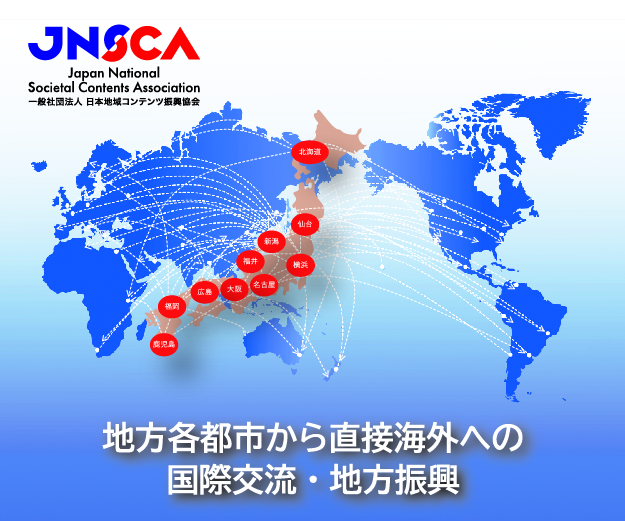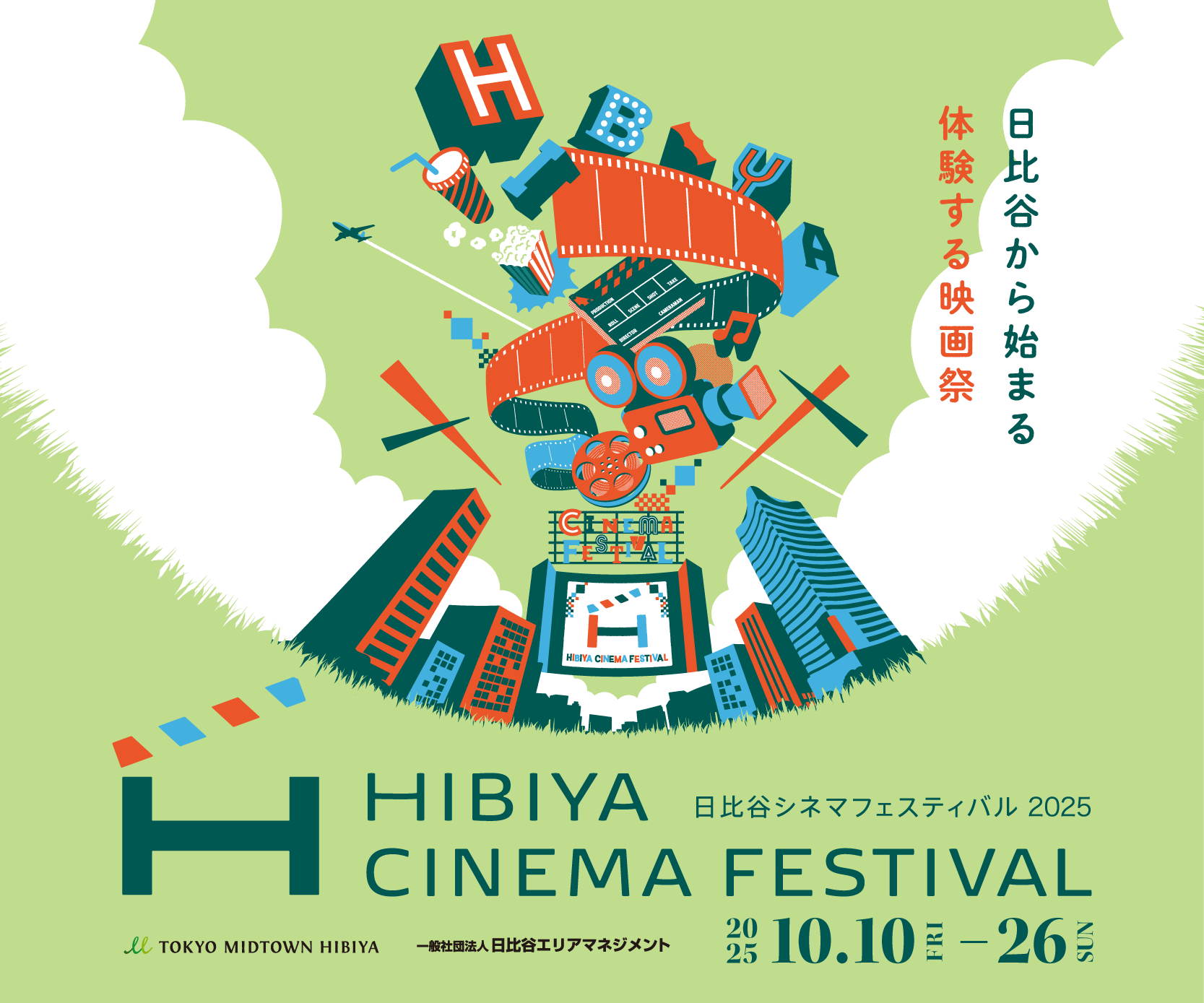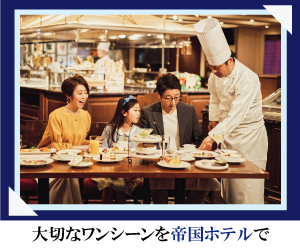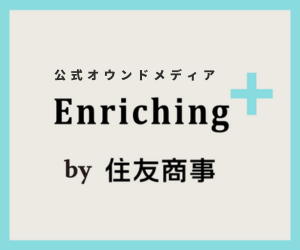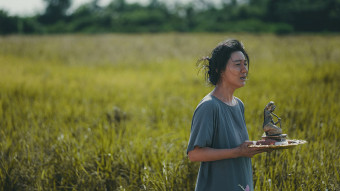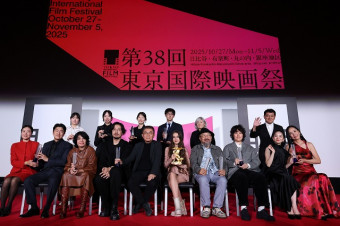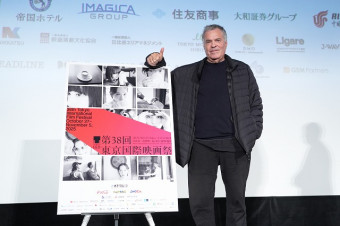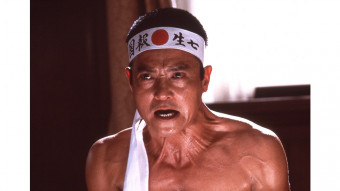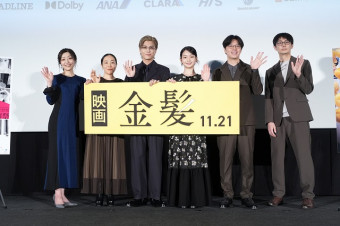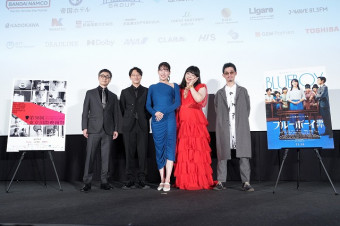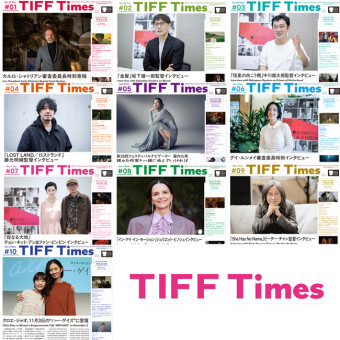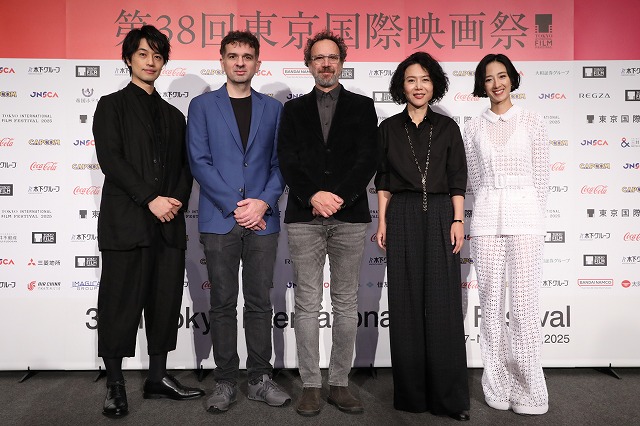
Saitoh Takumi, Matthieu Laclau, Carlo Chatrian, Vivian Qu, Gwei Lun-Mei
The five members of the 38th TIFF International Competition Jury sat down with the press on October 28, the festival’s second day, to discuss their approach to viewing the 15 films in contention, as well as the current state of cinema.
The panel is presided over by Jury President Carlo Chatrian, Italian journalist, author and programmer who recently served as artistic director of the Locarno International Film Festival and the Berlinale. He is joined by Taiwanese actor Gwei Lun-Mei, an award-winner for a range of acclaimed titles and star of the new film by Mariko Tetsuya, Dear Stranger, playing in TIFF’s ; French film editor Matthieu Laclau, who has contributed to heralded work by leading directors across Asia, including Jia Zhang-ke, Rithy Panh, Wei Shujun, Midi Z and Guan Hu; Japanese actor-filmmaker Saitoh Takumi, star of popular fare like Shin Ultraman, director of award-winning arthouse films and producer of independent documentaries addressing urgent social issues; and Chinese director-producer Vivian Qu, who followed up her celebrated Angels Wear White with Girls on Wire, which is playing in TIFF’s World Focus section.
Chatrian greeted the assembled media, telling them, “I’m very pleased to be back in Tokyo and back to the festival. I’ve been working for several festivals, and I really appreciate the work festivals do. They widen our minds and our horizons, letting us understand the world we live in better. I think especially nowadays, we need to get news from the world, get more stories, understand each other better. I look forward to spending time with my fellow jurors, sharing stories and getting to know each other better.”
Setting a trend that continued with each juror, he expressed thanks to TIFF Programming Director Ichiyama Shozo for curating the panel. Said Chatrian: “Thank you for selecting us and putting together the lineup. I know we will be confronted with films that are singular.”
Qu agreed, “It’s a pleasure to be here. I believe we will have a lot of fun together.”
Laclau commented, “I came for the last two TIFFs and I’m very happy to be here again with my fellow jurors, some of whom I know. I can’t wait to start watching the films and talking about them together.”
Said Gwei, “When I saw the list of Competition films, I was really excited. As an actor, I’ll get to see films in a variety of genres from many different creators. And as a juror, I’m really looking forward to delving behind the scenes and having the experience of sharing these with my fellow jurors. I’m sure we’ll have a lot of fun and I’m sure it will be unforgettable.”
Saitoh, who regularly attends the festival, remarked, “It’s a pleasure for me to be part of this panel. I’m very excited for this opportunity. As a cinephile, during this season, I’m usually here as part of the audience. Ichiyama-san and his team have sifted through such a huge pool of submissions, narrowing the selection down so we can soak ourselves in the ocean of cinema with our hearts and minds. I think this will be a wonderful opportunity to experience these films together.”
The first question from the press went to Chatrian, concerning his expectations for the festival. “I’ve been here twice before,” he explained. “Last time was during Covid time, so I didn’t see much of the festival. But I did attend screenings the first time I came. This time will be a total experience, spending 10 days in the city, discussing film with my fellow jury members. I know this role puts more weight on my shoulders, but I really see my job as facilitating the conversation, so everyone conveys their thoughts and feelings. I expect to be amazed by something I didn’t foresee. And I’m sure the films we’re watching will do this — they’ll amaze us every day.”
Laclau concurred, saying, “I need to be moved by the actors, by the story. I want to be surprised. Like everyone here, we want to see something new in our lives, something we haven’t seen before.”
Said Gwei, “It’s very important that you’re moved by a film as an audience member, that you see things you never saw before, things you didn’t know. From a filmmaking perspective, I’ll be considering what the filmmakers want to convey and how brave they are in conveying that.”
Asked about what unique perspective he brings to his role, Chatrian noted, “At the beginning, film festival juries were composed of academics; but in recent years, there have been more actors and filmmakers. I represent a category that is like an insider. I don’t make film, so I don’t have a view to impose. I just try to understand where a film will take me.”
Saitoh was asked what his particular “influence” on the jury might be, as an actor-director from East Asia. “I’ve been part of various projects overseas,” said Saitoh,“ like the ‘Folklore’ project on HBO Asia with Eric Khoo. For the last decade, there have been lots of those kinds of projects. I think being a jury member is about the individual [not their birthplace].”
Asked whether there was any new Asian talent he had his eye on, Chatrian paused for a long time before responding. “I try to go beyond my taste and my feelings to find what the filmmaker wants to deliver. I hope there will be filmmakers whose careers we can support,” he said. “When I was at Locarno, I came to the Kawakita Memorial Film Institute in 2014 to watch films, and I became aware of a filmmaker that I didn’t know at all. I had no time to watch his film at Kawakita because it was so long, so I brought it back with me. When I finished watching it, I forced my team to watch. Five hours, 45 minutes is a long time commitment. But we selected it and showed it in a theater to 3,000 people at the festival. The greatest experience was seeing the audience react with tears and smiles. That film was Happy Hour, and I’m happy that Hamaguchi Ryusuke has gone on to make other films. I also like films by Miyake Sho, Mariko Tetsuya and others.”
The panelists were asked their thoughts on the role and future of TIFF. Saitoh responded, “We cannot be unaware of borders. I think that cinema is one of the ways to overcome them. TIFF highlights the potential and the diversity of cinema. I often come to films at this very theater where we’re sitting now, and I experience a light of hope from watching them. Personally, I would like to see more actors and crew members involved in TIFF, coming and being part of it in the future. Mr. Ichiyama and his staff have spent a lot of time putting together this selection, in which we’ll be seeing reflections of social issues in various countries. I’m curious how Japanese filmmakers will convey these issues.”
Qu noted, “As a filmmaker, I’ve been making international coproductions for over 10 years. I’ve worked with Gwei Lun-Mei on a film, and also collaborated with Matthieu. I think it’s the industry routine now, these collaborations between filmmakers in different countries. TIFF has always been an important platform for bridging Asian and global cinema. I’ve seen Mr. Ichiyama at many film festivals for about 15 years, watching five films a day. He’s doing a great job of bringing films, especially Asian titles, here to TIFF. Cinema is facing big challenges. Festivals are the last sacred place for cinema viewing, and they’re more important than ever. It’s our responsibility for us to bring film to this place and remind people that cinema is still valid.”
As the session wound down, Chatrian delivered a vital message to the media: “Festivals are big filters, [selecting] from a huge number of audiovisual productions. We will watch 15 films and we will have to highlight some. My job as a programmer and a juror is the same as your job. Don’t underestimate the power of the press to support filmmakers. A film will not be a success in theaters on its own strength, it depends on the power of how it’s communicated [to the public]. There are so many strong, beautiful films, but so few of them get a chance to be seen outside of film festivals. Your work is as important as ours.”













